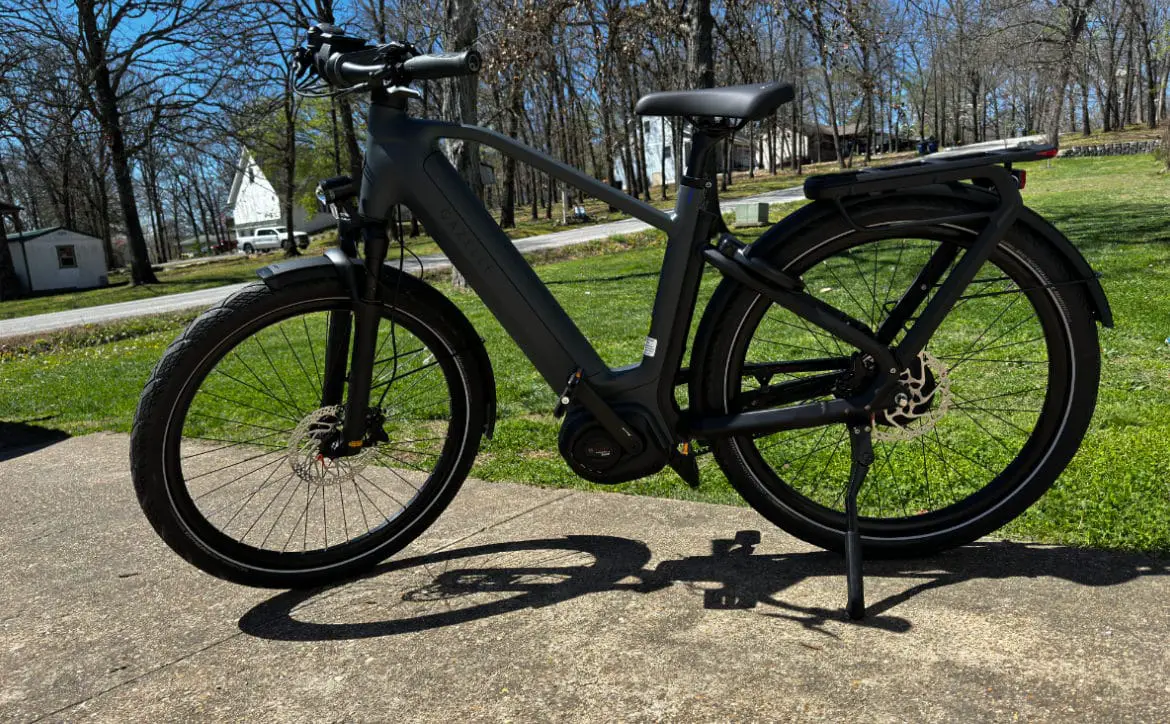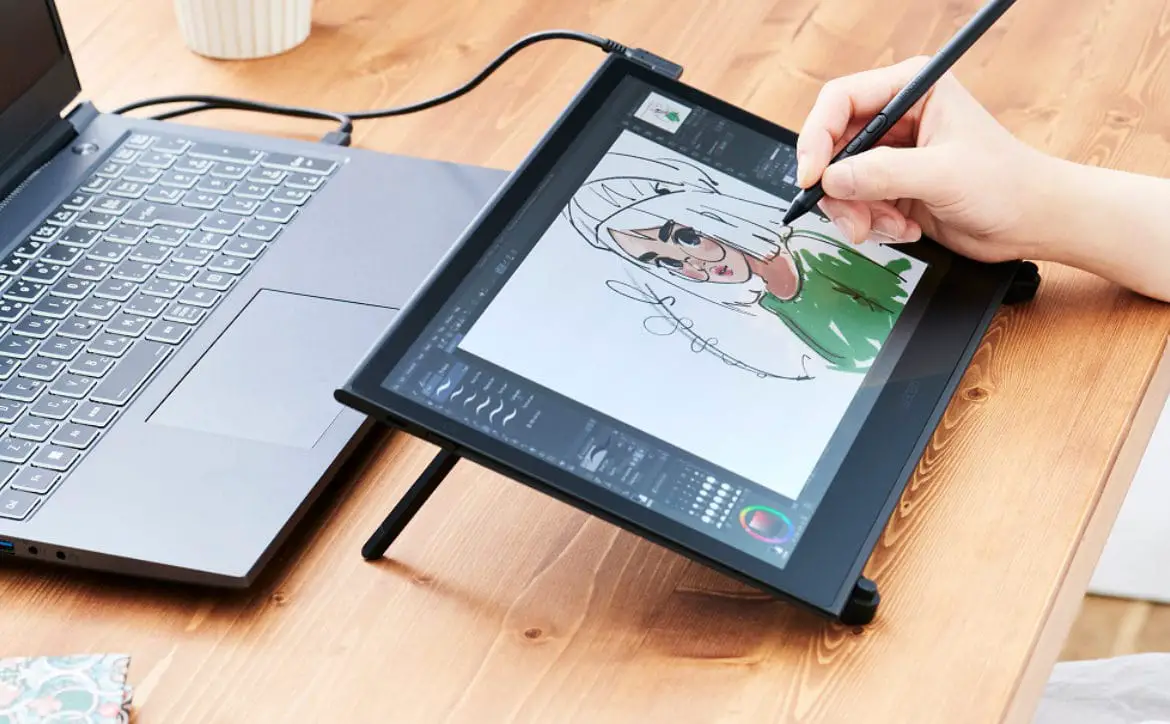Not all VPNs are made equal. While at their core, the purpose of any VPN is to provide anonymity and privacy to users while they’re browsing online, in practice it’s evident that some do a better job of guaranteeing these things than others. Whether it’s because they have different logging policies or higher standards of encryption, some VPN clients go that little bit further to ensure your online activity stays private.
Kill switches are a dramatically named security feature, but one that should be considered vital if you’re worried about your browsing activities being intercepted. In essence, their function is to ensure that should your VPN connection drop, your whole internet connection will be shut off.
When browsing via VPN, your anonymity is reliant on the fact that your IP address is masked and replaced with that of one of the VPN provider’s servers elsewhere in the world. You may also be connecting to take advantage of the layer of end-to-end encryption a Virtual Private Network provides. If your network connection falters, your real IP address could be exposed, and your browsing activities will no longer be secured in that extra layer of encryption.
The function of a VPN kill switch
Rather than making a desperate dash to disconnect in the event that you experience connection issues, a VPN kill switch simply automates the process. You’ll usually get the option of having it switched on or off, if your VPN service includes the function, and it’s recommended that you use it if it’s there.
When the kill switch is engaged, nothing on your device can connect to the internet unless the VPN connection is working – so apps that would connect automatically, or payments or money transfers that may be processing and risk exposure, are all taken offline until you have a secure connection again.
You won’t always know when your computer is transmitting unsecured information, particularly if your VPN only drops momentarily. With technology allowing for large quantities of information to be transmitted within fractions of a second, without a kill switch you run the risk that you don’t know your data has been exposed until it’s too late.

Why would my connection drop?
There are a range of reasons that you could lose connectivity, but some are more common than others. The main causes of lost VPN connections are poor signal strength or network congestion, and conflicting firewall and router settings.
Anyone who has experienced slow home Wi-Fi while trying to watch a film or download music will understand that no matter how good your VPN provider’s service is, it can still be let down by your local Wi-Fi conditions. And it’s not just your lagging home broadband that might be a problem.
One of the most popular uses for VPNs is to secure public Wi-Fi in places like coffee shops and airports so that online shopping and banking transactions can be done from a mobile device without the risk of interception. The problem is, these types of networks come under heavy use — they are unstable, and can make your VPN connection unstable too.
Firewalls and anti-spyware programs can also sometimes conflict with VPNs, causing frequent network drops. If you find that your connection is more reliable when your firewall is disabled, take the time to set the virtual network as an exception to other privacy barriers before launching your full set of defenses again. Don’t be tempted to simply disable your antivirus or firewall, as these are valuable and necessary tools in keeping you safe online.
It’s also worth considering that free VPN services are often overloaded with users, and are much more prone to network drops than subscription services. These often have a huge number of servers that users can share, offering faster and more reliable connections than their free counterparts.
The risks of disconnecting
To put it simply, if your VPN connection drops and your internet connection stays intact, you’re just browsing the internet unprotected.
While this may not be a huge issue if you’re simply reading an article or playing an online game, it is a problem if you’re performing online banking tasks, sending personal data via message or email, or entering card details while shopping online. In instances like these, data could be left exposed to attack.
If you’re using a VPN to watch your
This is a guest post and its content does not necessarily reflect the thoughts of Techaeris or its staff.
Last Updated on February 3, 2021.










